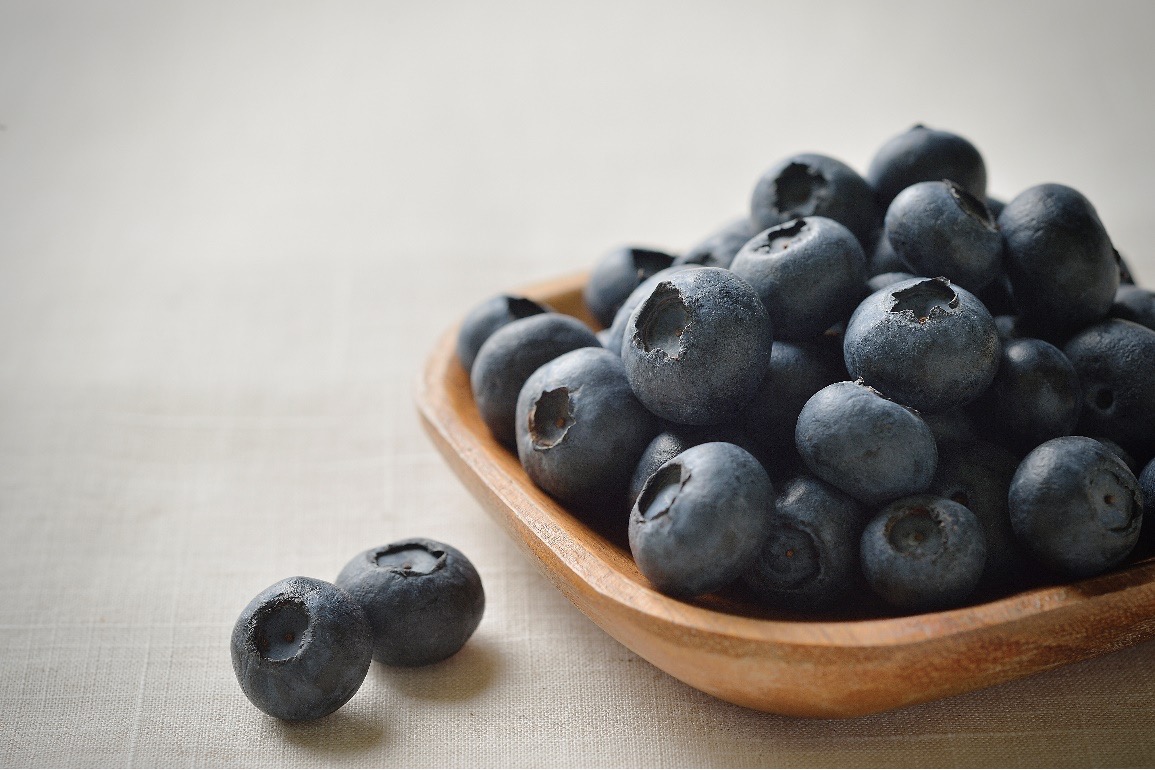Eating seasonally is an ancient practice that has profound benefits in our modern world. James Breuhl notes that it involves aligning your diet with the cycles of nature, enjoying fruits and vegetables when they are naturally ripe and abundant. This blog from James Breuhl explores the art of eating seasonally, highlighting its benefits and offering tips for those looking to embrace this natural and nutritious way of eating.
Why Eat Seasonally?
The benefits of eating seasonally are numerous, both for your health and the environment.
- Nutritional Value: Seasonal produce is picked at the peak of freshness, ensuring higher nutrient content. Fruits and vegetables contain the most vitamins and minerals when they are ripe.
- Flavor and Freshness: Seasonal foods are fresher and, as a result, taste better. Fruits and vegetables harvested during their appropriate seasons have richer flavors compared to off-season produce that often travels long distances.
- Environmental Impact: Eating seasonally reduces the demand for out-of-season produce, which typically involves long-distance transportation and more storage, contributing to a larger carbon footprint.
- Supports Local Farmers: Buying seasonal produce often means supporting local farmers and markets, which helps strengthen local economies and communities.
Tips for Eating Seasonally From James Breuhl
- Learn What’s in Season: Familiarize yourself with the seasonal produce in your area. This can vary depending on your geographic location. Websites, apps, and local farmers’ markets can be great resources.
- Visit Farmers’ Markets: Farmers’ markets are a goldmine for seasonal eating. They offer a variety of fresh, local produce, and you can often speak directly with growers to learn more about the food you’re buying.
- Plan Your Meals Around Seasonal Foods: Start by choosing seasonal ingredients and then plan your meals around them. This approach encourages creativity and experimentation in the kitchen.
- Preserve Excess Produce: Sometimes, you might end up with more seasonal produce than you can consume. Learn preservation techniques like canning, freezing, or pickling to enjoy these foods later in the year.
- Grow Your Own: If you have space, start a garden. Even a small balcony or windowsill can support herbs or smaller vegetables, giving you the freshest, most local produce possible.
- Join a Community-Supported Agriculture (CSA) Program: CSAs are a great way to get a regular supply of fresh, seasonal produce directly from farmers.
- Experiment with New Recipes: Each season brings a new variety of produce. Use this as an opportunity to try new recipes and expand your culinary horizons.
The Health Benefits of Seasonal Eating
Eating seasonally aligns with your body’s nutritional needs for each time of year. For example, summer fruits like berries and peaches are high in antioxidants and help protect against sun damage, while winter vegetables like squash and sweet potatoes are high in immune-boosting vitamins.
Embracing the art of eating seasonally is a delightful and healthful journey that connects you more deeply with the rhythms of nature. It’s a lifestyle choice that benefits your health, supports local communities, and is kinder to our planet.
Start your seasonal eating journey today! Visit a local farmers’ market, join a CSA, or choose one seasonal food to incorporate into your meals this week. James Breuhl knows you will be happy that you did!
